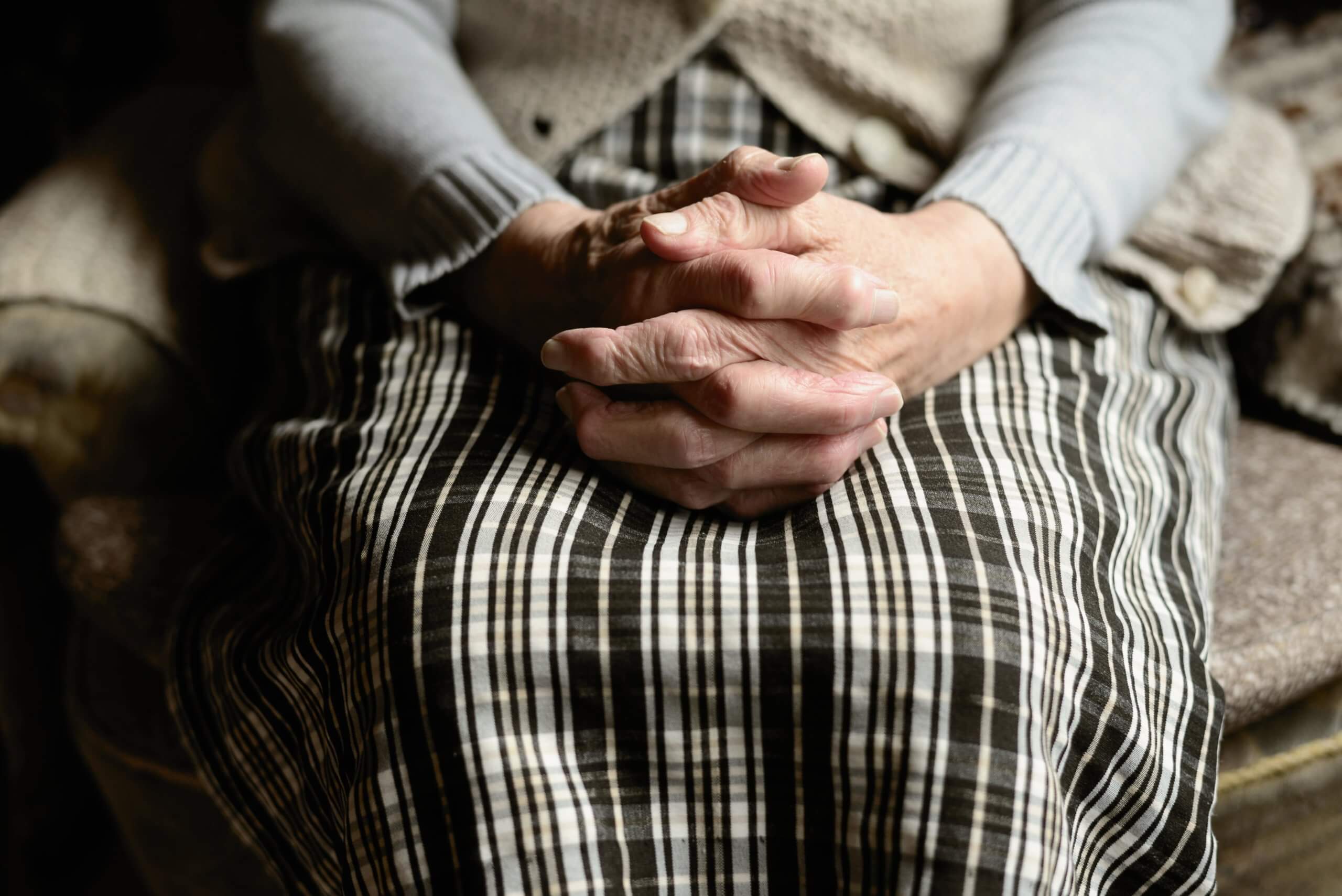Supporting Seniors with Depression
The COVID-19 pandemic has wreaked havoc across our nation and world. With seniors considered among those most high-risk, there is a further need to do what is best to ensure safety. These decisions are no easy task, and both seniors and families struggle with them when it comes to following guidelines, physical distancing, and living in such a way that is new to many. COVID-19 has caused a plethora of challenges, and the top among them is mental health. Many are facing struggles with loneliness, anxiety, and depression. But how do we rectify and support those who may be experiencing these issues?
Recognizing the Signs of Depression in Seniors
Depression is a mental health disorder that negatively affects how you feel, think, and act. Depression causes the individual to experience various feelings: persistent sadness, anxiety, hopelessness, worthlessness, guilt, or helplessness. In addition, those with depression may experience restlessness or irritability. Individuals may also have difficulty remembering, concentrating, making

decisions, sleeping, oversleeping, or waking up too early. They may also lose interest in the things they once enjoyed doing. Individuals may also neglect their personal care. Eating more or less and fluctuations in weight can be signs of depression. In addition, thoughts of death or suicide or suicide attempts are severe signs of depression.
Should you or a loved one experience any of these signs longer than two weeks, it’s crucial to consult your doctor.
Causes of Depression in Seniors
There is a plethora of different factors that can contribute to the cause of one’s depression. These factors include health problems such as disability, illness, cognitive decline, and severe or chronic pain. Isolation and loneliness can also cause depression and are causes that many seniors and individuals face amid COVID-19. A reduced sense of purpose, retirement, and losing a loved one can coincide with this cause. Fear is a massive driver of stress and can cause one to stand still rather than move forward. In addition, fear can also prevent an individual from seeking help due to the stigma associated with mental health problems.
How to Help Seniors with Depression
Recognizing that your loved one may be depressed is not something that you should keep to yourself. It is crucial to be present and let your loved one know that they are not alone. Knowing that you have support is a relief for many people regarding their mental health. Encourage them and participate with them in activities they enjoy doing. Spending time and talking to your loved one is an excellent way of breaking down those walls of isolation and loneliness too.
Making a phone or FaceTime call can also provide that connection if being in person is not possible. Physical activity is also a great way to boost endorphins and your mood. Ask them to take a walk with you or do some other sort of exercise together. Lastly, you can encourage your loved one to seek out their doctor’s help. Sometimes individuals need additional assistance, and their primary physician is a crucial resource.
Many are facing challenges from all sides, and it is important to know overall that you are not alone. We are here to support you in any way that we can. If you are experiencing any symptoms of depression, please reach out to a med tech, caregiver, or the concierge.

